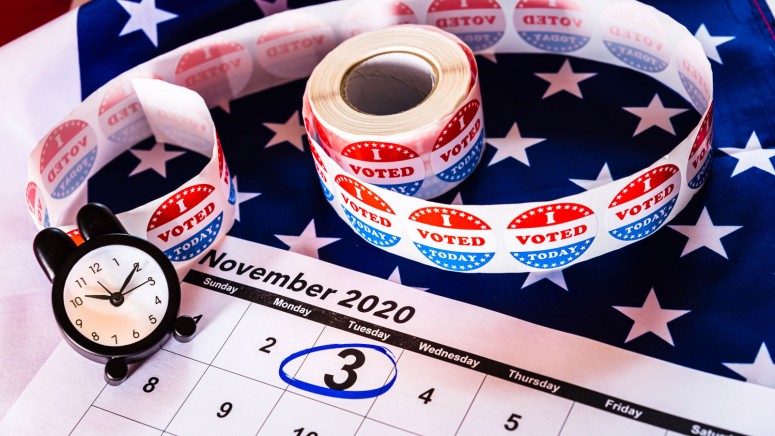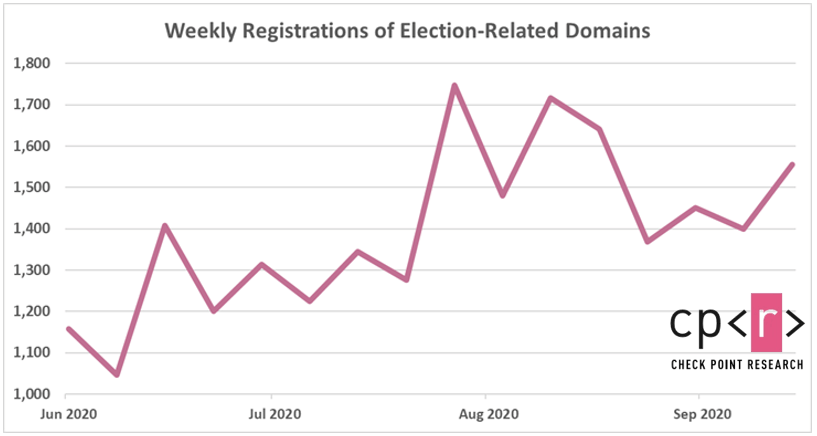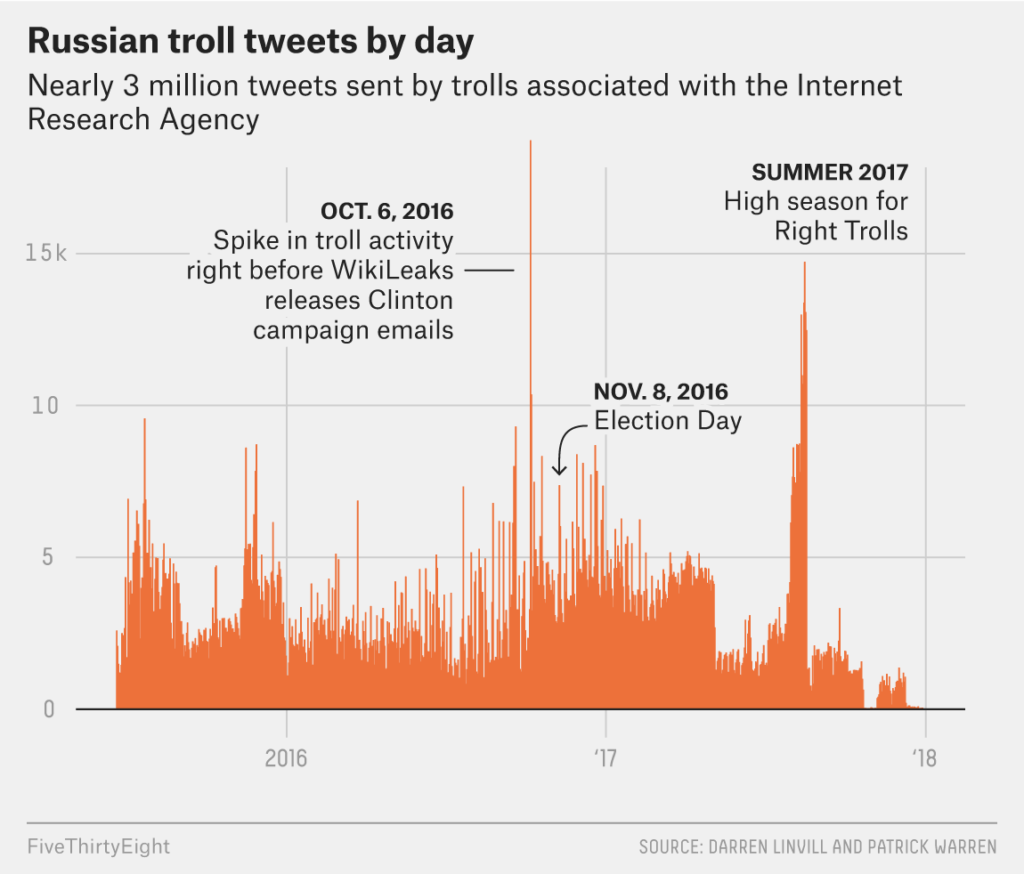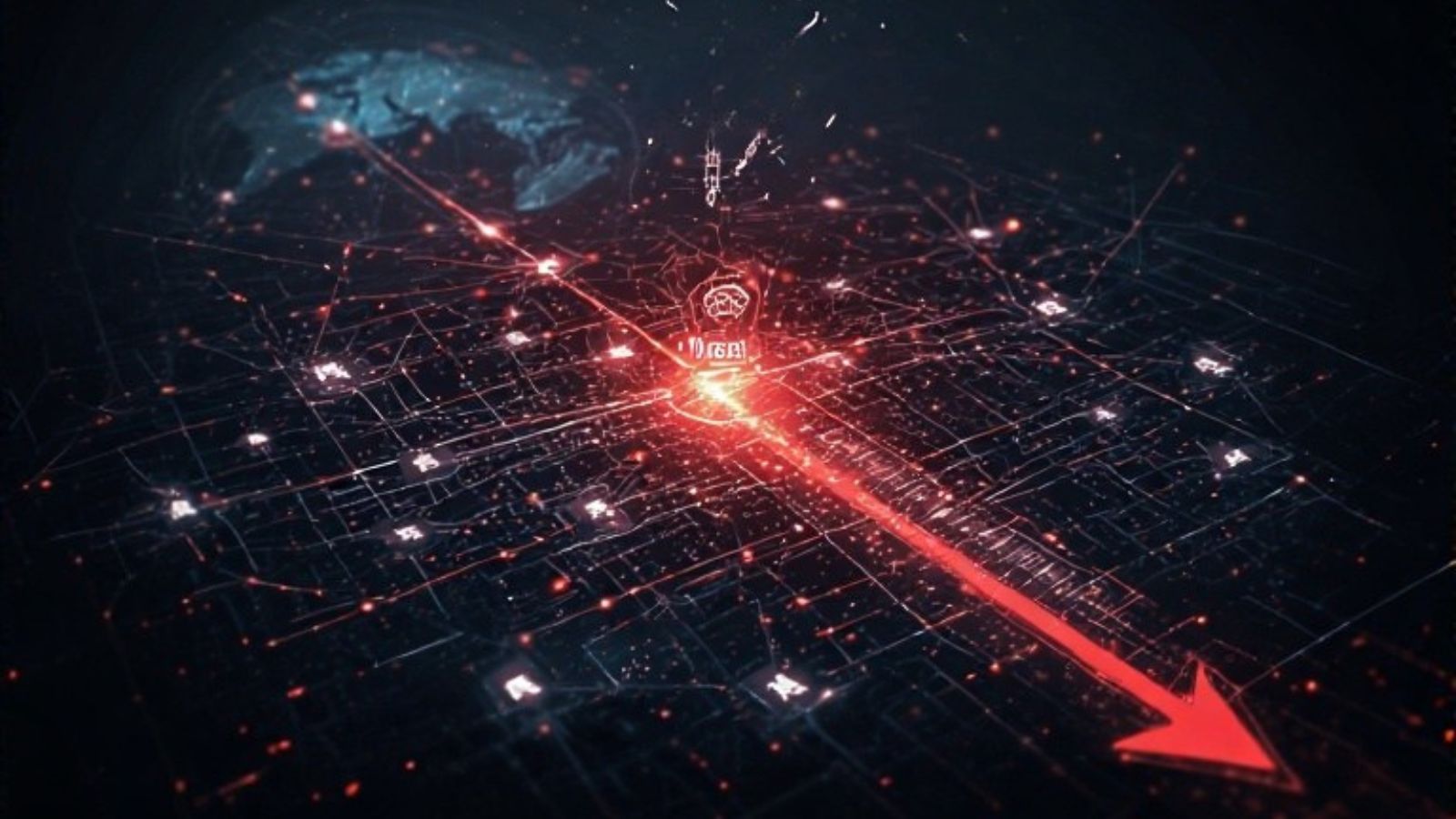
Threat Actors Turn Their Attention to 2020 US Presidential Election
- As the 2020 US Presidential elections approach, actors are registering malicious domains to trick voters.
- Postal services are to deal with a wave of DDoS attacks, and political parties are called to thwart APTs.
- Social media users should also be aware of whatever is posted there, especially in the form of memes.
There’s a stir in the threat space right now, as malicious groups are abandoning the COVID-19 themes to turn their attention to the upcoming US Presidential election. In fact, the pandemic has created the ideal setting for them, as many people will use mail services to cast their votes through the post, and so actors can trick people a lot easier. Check Point has already recorded a 56% rise in the registration of election-related domains, which are almost certainly malicious.
The threat scope is really wide and covers everything, as each category of actors is looking to exploit the situation to their own benefit. For example, the US postal services are already dealing with tentative DDoS attacks. It is expected that these attempts will intensify in the upcoming period, and the postal service will experience severe disruption. If that happens, many people could be actively prevented from casting their votes - which will be a big blow to the democratic process.
Then, there are the “fake news,” which shift the public opinion to wherever their propagators choose. Social media platforms supposedly have prevention measures in place, but the volume is such that not everything can be dealt with before it reaches a significant number of users. Fake news also reach people via email, untrustworthy news sites, and even direct messages.
Related: Microsoft Severely Disrupted the Trickbot Botnet Operations
Check Point makes special mention of memes and how actors use them to spread disinformation in a way that makes it a lot harder for social media moderators to deal with. That is because the auto-detection algorithms have trouble figuring out when a meme is trying to disseminate fake news or not, so they stay up for longer, get shared by more people, and eventually reach a wider audience.
And finally, there are the sophisticated state-supported hacking groups from outside the United States who are always threatening to steal sensitive documents from the Republican or the Democratic parties and also the campaigns of their nominees. This is what happened back in the 2016 election, and it is considered 100% certain that the risk is there again.
In conclusion, pay attention to the URL you have landed on, don’t trust unsolicited communications, and don’t believe in any “special” offers you receive. If you get an email with embedded buttons or URLs, open another tab, search the claimed site on a search engine and visit the real platform from the results.












